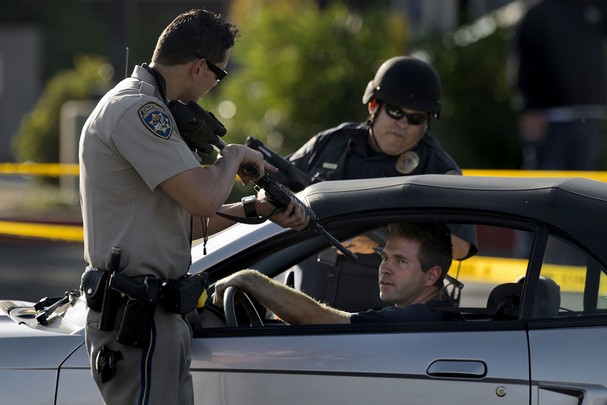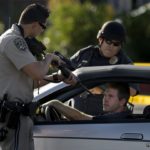
The “Big Gun” starts on page 96 of Errant Sovereign Handbook
The “Big Gun” addresses the very framework of our form of government. It’s called Separation of Powers.
It expressly stated in most state Constitutions and is clearly implicit in the remaining few that do not, as well as the national Constitution. The form of it’s expression in the Supreme Law of each state remains constant from state to state, and it goes something like this:
The powers of government of this state are divided into three distinct departments:
The Legislative,
the Executive, and
The Judicial, and
no person or collection of persons charged with the exercise of powers properly belonging to one of these departments shall exercise any powers properly belonging to either of the others, except as in the Constitution expressly directed or permitted.
What that says is so unequivocal that I need not belabor it. However, not everyone is aware of the fact, that in addition to the Article VI Oath of Fidelity required of all public servants, nearly all public offices also require an Oath of Office which, in most locales, is embodied with the oath of Fidelity. This oath of a judicial officer is DIFFERENT than those for the other two branches of government. The Oath by which a police officer is bound is an Executive Oath and is DIFFERENT than the other two branches of government. The same is true of the Legislative Office. If a public servant is bound by oath to exercise one of the powers of government, he is expressly forbidden from exercising powers belonging to the other two. The reason for all of this is probably best expressed in the Constitution for Wyoming at Article 1 section 7:
“Absolute, arbitrary power over the lives, liberty and property of freemen (Sovereign Electors) exist nowhere in a republic, not even in the largest majority.”
What you have experienced with the traffic citation is a direct violation of that “Supreme Law” requirement of Separation of Powers. The traffic citation directs you to “appear” in what is a Constitutionally designated Judicial Tribunal or “court.” It will also unavoidably have the word “SUMMONS” printed somewhere on the front or back.
Those two elements appearing in the same instrument make it a Judicial instrument the use of which is reserved exclusively to the Judicial power of government. To be valid In Law, it must bear the official Seal of that court or the endorsement (signature of an officer of that court who is bound by Judicial Oath.
The only official signature on that Judicial Instrument is that of the police officer who is under Executive oath. The police officer, as an executive officer maybe be Constitutionally empowered to serve a Judicial Instrument, she/he is not so empowered to issue or “authorize” such an Instrument. And the Supreme law of the state expressly forbids the Legislative Power from “authorizing (by statute) the Executive power to exercise Judicial Power(s).
“False Personation” of a judicial or public officer is a crime under both national and state law. And you have the indisputable proof of that crime (the citation) in your possession.

Have you created an affidavit, letter of demand, or any such order to the court to drop all charges because of this conflict?
thanks
This is a work in process. I am not sure anyone is there yet. Best wishes, Boiler Williams